The cellist shares how her classical training combined with myriad musical styles culminate in her debut album, ‘Remember Who You Are’, a reflection of the cello representing a singular, continuous voice
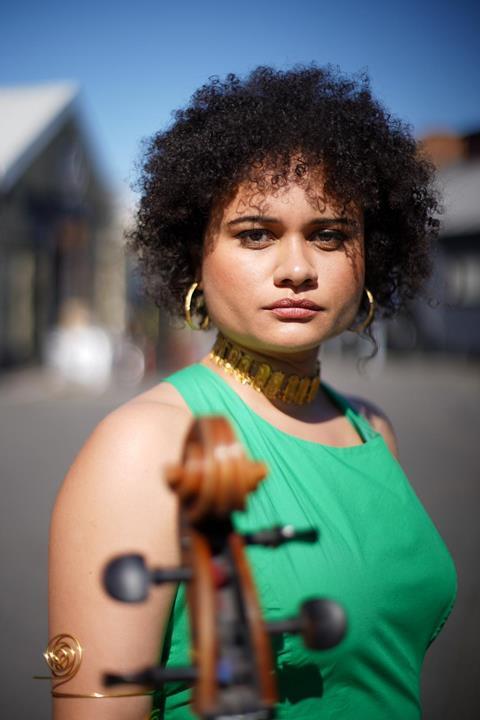
Discover more Featured Stories like this in The Strad Playing Hub
I don’t remember a time before the cello became a central part of my identity. I first picked up a cello at the age of five, and would perform concerts to my teddies, scribble short pieces of music on scraps of paper, and regularly go to concerts.
A couple of decades later, I’m still performing concerts (albeit to more reactive audiences!), I’ve composed and recorded my debut album, and still regularly attend concerts as a performer and an audience member. I often think that good musicianship comes from necessity; those people who want to improve their quality of life, and have a natural affinity to a particular skill, honing it can be a pleasure, even from a very young age.
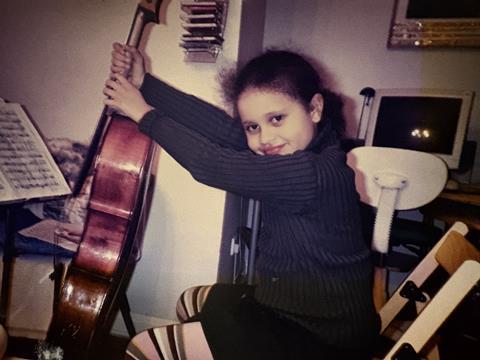
My mother has a degree in musicology and was always very keen to help me experience the joys of performing. I grew up in council housing in an area where the local schools were very poor, so she encouraged me to apply for a music scholarship to a private school. Through private grants and scholarships, I attended Junior Guildhall on the weekends, and was then accepted to Chethams School of Music.
The cello became a real lifeline for me; I was a rebellious teen and decided to leave my secondary school after GCSEs in order to pursue music. Had I not been accepted into Chets, I’m not sure which career path I would have followed. The classical industry can be quite alienating for people of colour and those from working class backgrounds, so I think working with a broader set of artists early on made me feel more comfortable in the fact that good music is universal.
I’m grateful to have had top-tier classical training from the best music schools, which gave me a solid technical foundation and made practice and efficiency much easier. Equally, I value the tools I later gained through learning by ear and collaborating with artists outside of classical music. That balance of discipline and intuition informed the album hugely, and gave me the confidence to approach the recording process in a very different way from traditional scoring.
I always found it a little strange that the music I had been practicing and performing since the age of five had very little correlation to the music I was listening or partying to. After finishing my undergrad and masters at the RCM, most of the work I engaged in was consistently non-classical. Playing with the artist Celeste for several years was a massive inspiration for me. We are good friends, and I found her approach to developing songs really creative and inspiring.
It was also the first time I really leaned into learning music and performing by ear. I went to Houghton Festival the weekend before recording my album at Studio Richter Mahr and here I listened to a wide variety of mainly techno music. This greatly informed my ‘Anxiety Disorder’ piece and made me realise there really is no boundary if you want to evoke a certain feeling sonically.
These experiences reminded me that even as my training was rooted in the classical world, the sounds I was listening to outside of it, including dub, jungle, rave, reggae, techno, always stayed with me. They became part of my language, and in this album I wanted to honour that by letting the cello carry those influences, not as separate styles but as one continuous voice.
The first single from the album ‘Radom’ is a town in Poland where my mother grew up. It was the first piece I knew I wanted to record, and I had a very clear vision of the sound world I wanted to create. I owe my mother a lot of thanks; she was very dedicated and sacrificed a lot to help me with practicing as a child, and talking to me about my hopes and dreams - something she still does now.
When composing this album I started by making a collage for each song. Photos and letters usually spark my creative process. I like working from the bottom up, so I started working on the beats with the person who produced the album with me, Raz Olsher. After I was happy with the tempo and feel of these I began layering the cello up with piano and vocals, usually recording lines individually, then shifting them around into a structure.
The cello has been my one constant. I’ve had a colourful life, struggled with my mental health, and found it hard to make friends in my earlier years, but the cello was always there. I’ve been playing the same instrument since I was 14, and it’s almost like a friend to me (his nickname is “Mr Cello”). For me, this album is a memoir in sound and a tribute to that relationship. Every track holds a memory, a person, or a place, and through it all the cello has been not just an instrument but the thread that ties all the elements of my life together.
Remember Who You Are is the debut album by Zara Hudson-Kozdoj, out on 10th October 2025 with Platoon. Pre-order here.
The first single ‘Radom’ is out Friday 12 September. Listen to it here and watch the video below:

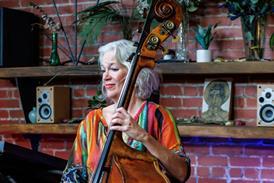
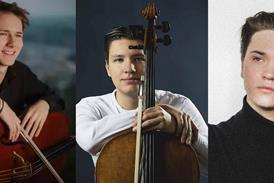
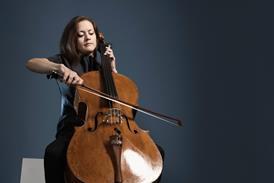
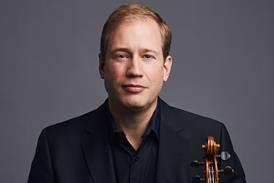
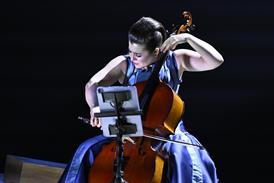
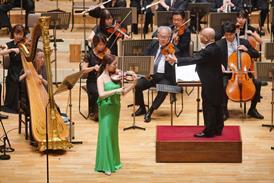
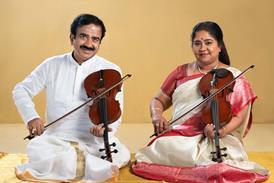

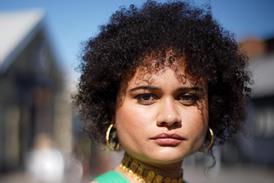
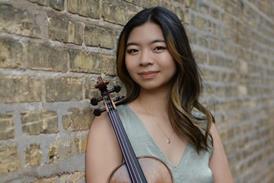
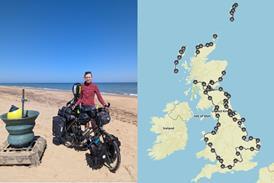
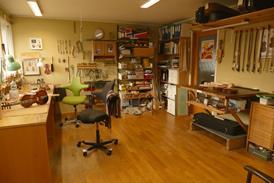
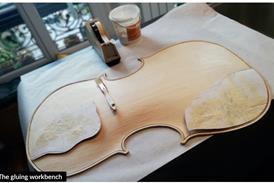
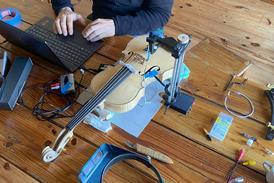
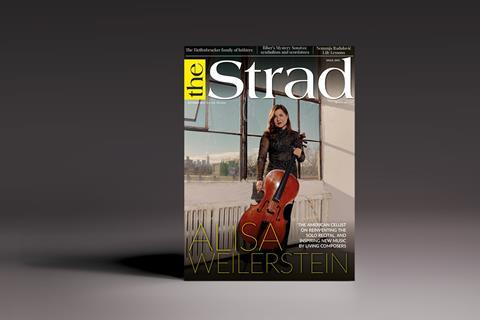




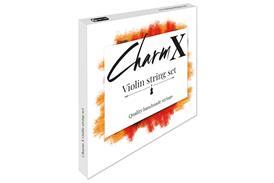
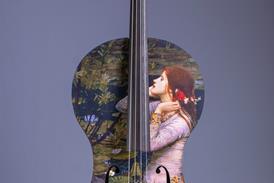
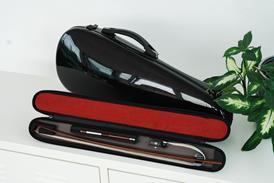

















No comments yet